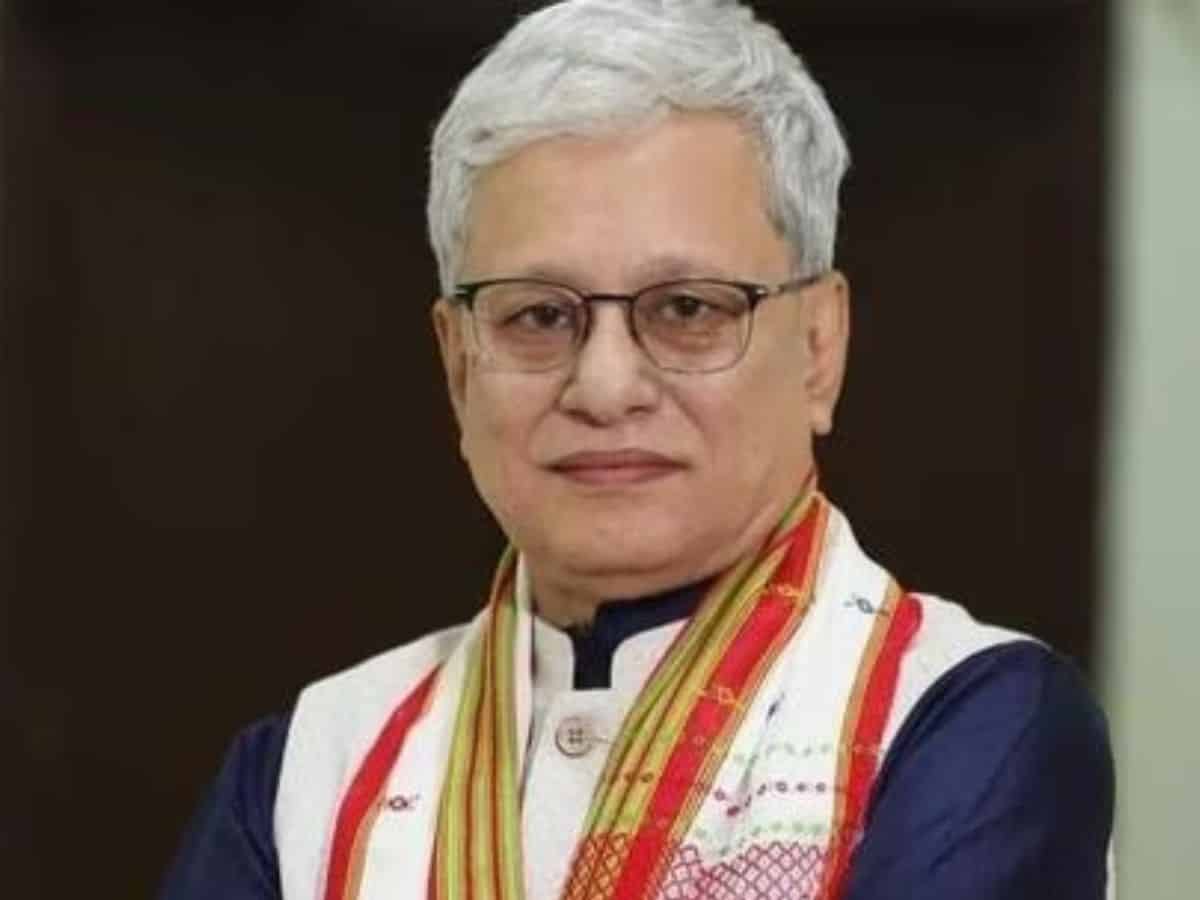
Hyderabad: The Telangana Cabinet, led by chief minister Revanth Reddy, has taken a significant step toward social justice by approving 42 percent reservation for Backwards Classes (BCs) in local body elections.
This decision was made after careful consultation with legal experts and the state’s advocate general, aiming to fulfill a major election promise made by the Congress party, particularly in response to demands and data revealed by a caste census conducted in late 2024.
The survey indicated that around 56 percent of Telangana’s population belongs to BC communities, including BC Muslims.
To facilitate the implementation of this enhanced quota, the Cabinet decided to amend the Telangana Panchayat Raj Act, 2018, which previously capped total reservations at 50 percent in line with Supreme Court guidelines from the Indra Sawhney verdict.
The amendment specifically seeks to remove this ceiling, arguing that “extraordinary situations”, defined by empirical and social data, justify an exception, especially since similar precedents exist in states like Tamil Nadu, which already exceed the 50 percent reservation cap.
The proposed ordinance, once signed by the Governor, will allow the 42 percent BC quota to be enforced for the upcoming local elections.
Telangana High Court order
The urgency behind this ordinance is partly due to a recent Telangana High Court order, which directed the state government to finalise the reservation process and conduct local body elections by September 30 to end a prolonged delay.
In anticipation of possible legal challenges, the government has also prepared to file caveats in both the High Court and Supreme Court, ensuring that no orders are passed without hearing its arguments.
Cabinet resolution
The Cabinet’s resolution further outlined that various levels of local bodies—village sarpanches, mandal parishad territorial constituencies, mandal praija parishad presidents, and zilla parishad territorial constituencies- will be allocated reservations based on this new framework, utilising data and recommendations from the state’s dedicated BC Commission and Planning Department.
The ordinance route was chosen because earlier attempts to pass bills for BC reservations were stalled at the central level, with the Union Government delaying approval and raising repeated queries. As a result, state leaders have also appealed to the Centre to include the enhanced BC quota in the Constitution’s IX Schedule, to shield it from judicial review and ensure its longevity.


